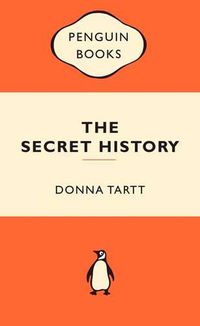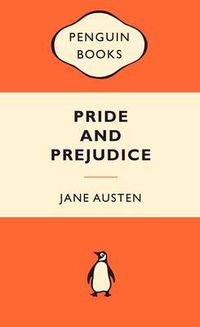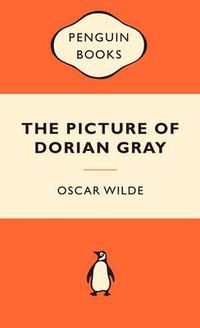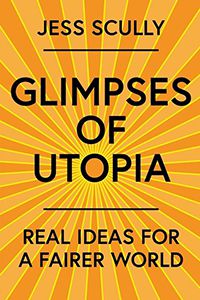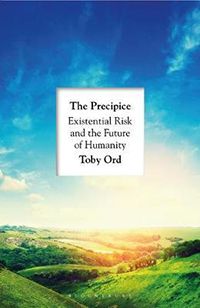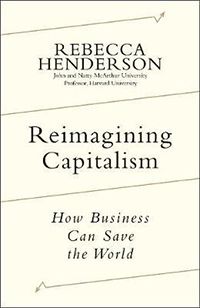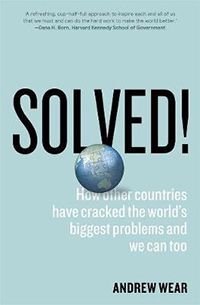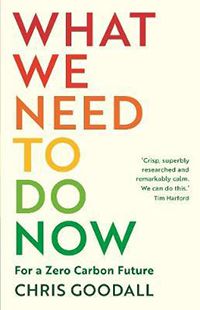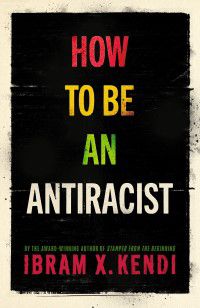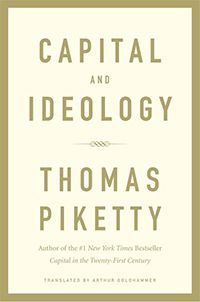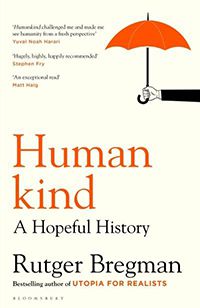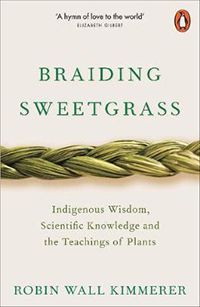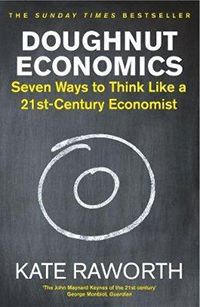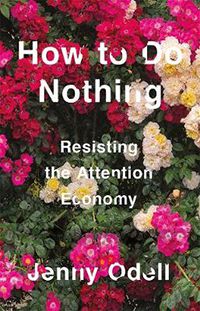It’s fair to say that 2020 has been a difficult year for many reasons. However, it can help to see this time as an opportunity to make changes and work towards a new kind of future. Here are some thought-provoking works that could help us to envision what that could look like.
Glimpses of Utopia by Jess Scully
The Deputy Lord Mayor of Sydney, Jess Scully is an advocate for the creative economy and the role of cities in a fair future. In Glimpses of Utopia, she shows us people from all around the world who are refusing the business-as-usual mindset and putting humans back into the civic equation, reimagining work and care, finance and government, urban planning and communication, to make them better and fairer for all.
The Precipice by Toby Ord
From Oxford moral philosopher Toby Ord, The Precipice is an incredibly timely work that provides a new way of thinking about our time. Drawing from physics, biology, earth and computer science, history, anthropology, statistics, international relations, political science and moral philosophy, this work invites readers to reflect on our history, and the role we play in making the future.
Reimagining Capitalism by Rebecca Henderson
Free market capitalism is one of humanity’s greatest inventions, and the greatest source of prosperity the world has ever seen. But it’s also on the verge of destroying the planet and destabilising society in its single-minded pursuit of maximising shareholder value. Here McArthur University Professor at Harvard University Rebecca Henderson argues for a new framework. Drawing on the lessons of companies from around the world who are acting on this responsibility, she proves that this is not only a moral imperative for business but also the only way to remain competitive in our changing world.
Solved! by Andrew Wear
Denmark is set to achieve 100 per cent renewable energy by 2030. Iceland has topped the gender equality rankings for a decade and counting. South Korea’s average life expectancy will reach ninety due to diet and world-class healthcare. How have these places and more achieved such remarkable outcomes? Public policy adviser Andrew Wear examines what has proven successful around the world, and how we can apply the lessons from these innovative case studies in our own country. Informative, accessible and revelatory, Solved! is a toolkit for those looking for social change.
What We Need to Do Now by Chris Goodall
In What We Need to Do Now, Chris Goodall sets out a comprehensive programme of action to counter the threats to our environment. Emphasising the importance and relative simplicity of decarbonising our energy supply, the book also stresses that this is a small part of the switch to a sustainable planet. Among many other urgent transitions, we also need to focus on changing the agricultural system and reducing our hugely wasteful use of resources. This practical, original and inspiring book was recently shortlisted for the 2020 Wainwright Prize for Writing on Global Conservation, alongside some other excellent titles.
How to Be an Antiracist by Ibram X. Kendi
Using his extraordinary gifts as a teacher and storyteller, Ibram X. Kendi helps us recognise that everyone is, at times, complicit in racism whether they realise it or not, and by describing with moving humility his own journey from racism to antiracism, he shows us how instead to be a force for good. Along the way, Kendi punctures all the myths and taboos that so often cloud our understanding, from arguments about what race is and whether racial differences exist to the complications that arise when race intersects with ethnicity, class, gender and sexuality.
Capital and Ideology by Thomas Piketty (translated by Arthur Goldhammer)
Thomas Piketty’s bestselling Capital in the Twenty-First Century inspired global debate about inequality. In this audacious follow-up, Piketty challenges us to revolutionise how we think about politics, ideology, and history. He exposes the ideas that have sustained inequality for the past millennium, reveals why the shallow politics of right and left are failing us today, and outlines the structure of a fairer economic system. Capital and Ideology is at once a retelling of global history, a scathing critique of contemporary politics, and a bold proposal for a new and fairer economic system.
Humankind: A Hopeful History by Rutger Bregman
Human beings, we’re taught, are selfish and governed primarily by self-interest. This is a belief that unites the left and right, psychologists and philosophers, writers and historians. It drives the headlines that surround us and the laws that touch our lives. Here, Rutger Bregman looks back over the last 200,000 years of human history to reveal a counter-argument – one that it is realistic, as well as revolutionary. Humankind: A Hopeful History is a radical history of our innate capacity for kindness.
Braiding Sweetgrass by Robin Wall Kimmerer
As a botanist, Robin Wall Kimmerer has been trained to ask questions of nature with the tools of science. As a member of the Citizen Potawatomi Nation, she embraces the notion that plants and animals are our oldest teachers. In Braiding Sweetgrass, Kimmerer brings these two lenses of knowledge together to argue that the awakening of a wider ecological consciousness requires the acknowledgment and celebration of our reciprocal relationship with the rest of the living world.
Doughnut Economics by Kate Raworth
Economics is broken, and the planet is paying the price. Here, Oxford academic Kate Raworth lays out the seven deadly mistakes of economics and offers a radical re-envisioning of the system that has brought us to the point of ruin. Moving beyond the myths of ‘rational economic man’ and unlimited growth, Doughnut Economics zeroes in on the sweet spot: a system that meets all our needs without exhausting the planet. The demands of the twenty-first century require a new shape of economics. This might just be it.
How to Do Nothing by Jenny Odell
In this galvanising work, artist and critic Jenny Odell present a field guide to slowing down. By positioning our attention as the most precious - and overdrawn - resource we have, and learning to pay a new kind of attention, she argues that we can undertake bolder forms of political action, reimagine humanity’s role in the environment, and arrive at a more meaningful understanding of happiness and fulfilment. How to Do Nothing is an action plan for thinking beyond capitalist narratives of efficiency and value.
